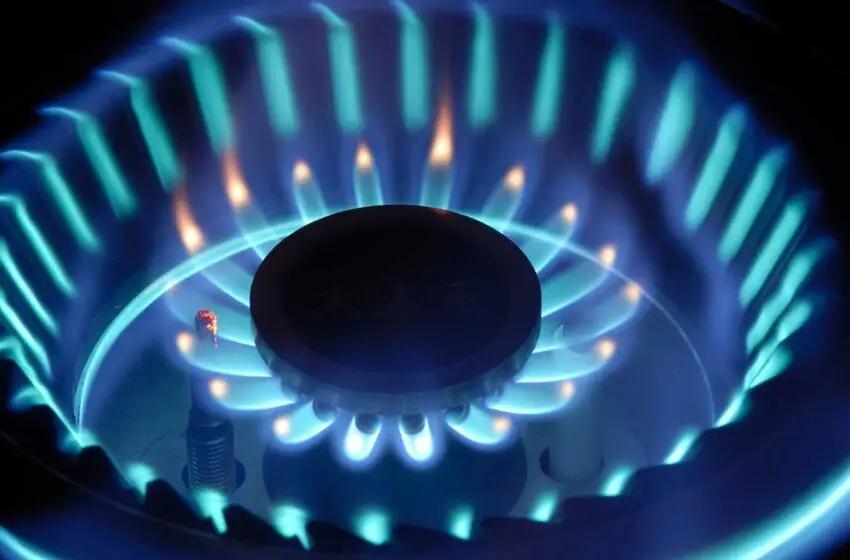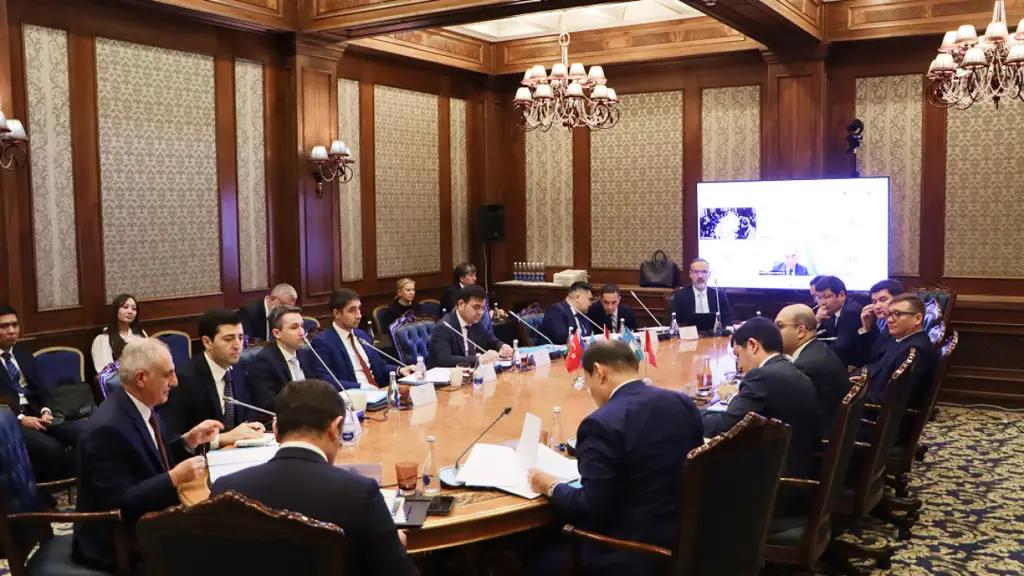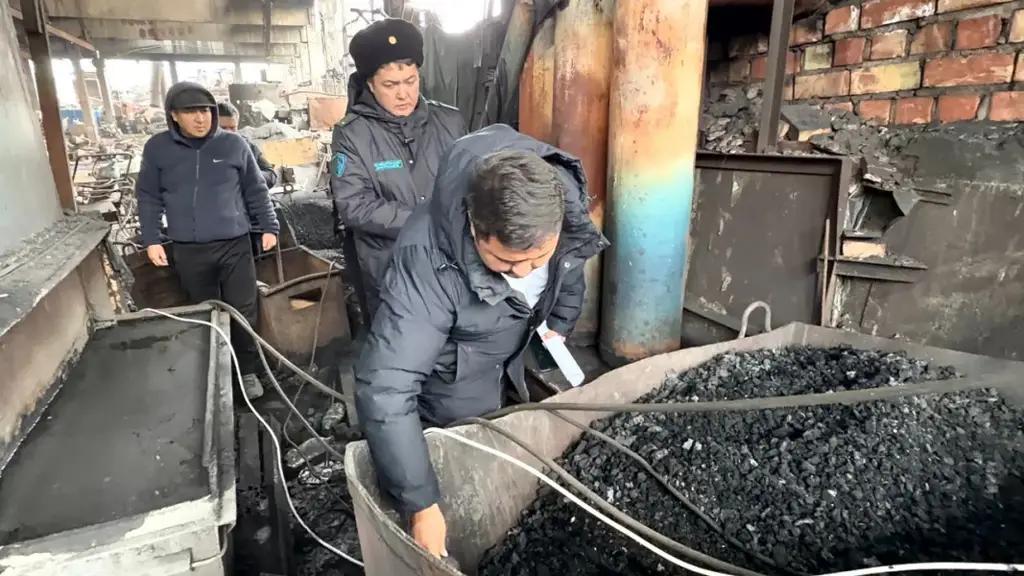
Published
10/06/2025, 13:21Kyrgyzstan continues to pursue its policy of gasification of the capital and the Chui region. Under the Preferential Financing-3 project, loans totalling 6.18 million KGS have already been issued to 57 entities. In total, the operating banks — Ayyl Bank and Eldik Bank — are expected to disburse 200 million KGS under the project.
The aim of the project is to make ‘blue fuel’ affordable, thereby improving the environment in the capital by reducing the population's dependence on coal. However, achieving this goal is becoming increasingly difficult amid rising prices.
As of October 2025, the tariff for the population, as reported by the company's call centre, was 24.1 KGS per cubic metre, and for industrial enterprises — 30.1 KGS (29 KGS without NSP). For comparison, in January this year, the price for the population was 22.07 KGS, and a year ago — 21.9 KGS. The increase is 10.05% per year.
However, given that Kyrgyzstan is an importer of natural gas, this increase is considered moderate. The republic already receives gas from Russia on preferential terms, with the cost of gas tied to the official US dollar exchange rate on the first day of each month. This explains the fluctuations in tariffs depending on the exchange rate.
At the same time, the price of coal for end consumers is still unknown. Kyrgyzstan has introduced state regulation of solid fuel prices, but the prices have not yet been determined. The Antimonopoly Service has until 10 October to do so. At the same time, last year prices varied from 3,900 KGS to 10,200 KGS per tonne, depending on the region. In Bishkek, prices started at 5,500 KGS.
The state allocates millions of soms for gasification, but at the same time, gas itself is becoming more expensive. Back in 2022, heating with ‘blue fuel’ was slightly cheaper than coal, at a rate of 17.9 KGS per cubic metre. However, the situation has changed, and last year the bill for gas heating was already 16% higher than for coal (at a price of 5,500 KGS per tonne).
What will happen this heating season is a mystery until the antitrust service sets maximum prices for coal. So, the switch to gas today is not so much beneficial to ordinary Kyrgyz citizens as it is to city authorities trying to solve the capital's environmental problems. For ordinary families, ‘environmental friendliness’ may become an additional expense.



